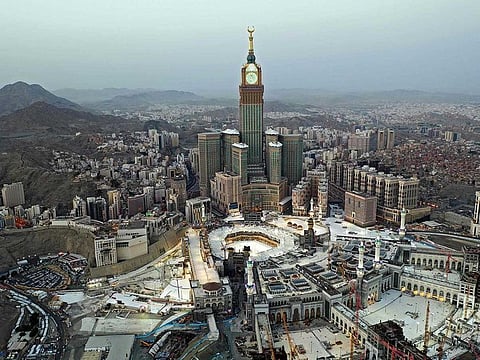Saudi Arabia’s Vision 2030: A New Era of Economic Growth

Introduction
Saudi Arabia is currently at a pivotal point in its history as it embarks on Vision 2030, an ambitious plan that seeks to transform the nation’s economy and societal infrastructure in the wake of fluctuating oil prices. This blueprint aims to reduce the Kingdom’s dependence on oil and provide a diversified economic environment that is essential for sustainable development. Given the country’s significant global influence and wealth, advancements in Saudi Arabia can have far-reaching impacts on both regional and international contexts.
Overview of Vision 2030
Launched in April 2016, Vision 2030 is a comprehensive roadmap designed by the Saudi government, led by Crown Prince Mohammed bin Salman. It sets forth a series of economic and social reforms intended to enhance public service sectors such as health, education, tourism, and recreation. The key objectives include increasing non-oil revenues, creating job opportunities, and improving the overall quality of life for Saudi citizens.
Key Initiatives and Developments
One of the most notable components of Vision 2030 is the planned diversification of the economy. The government has made significant strides in increasing tourism, including hosting international events, promoting cultural heritage, and gradually easing regulations for foreign visitors. The Neom project, a futuristic mega-city, is another ambitious initiative aimed at attracting foreign investment and showcasing cutting-edge technologies.
Since the plan’s introduction, Saudi Arabia has successfully organized events like the G20 summit and music festivals, signaling its commitment to cultural growth and international cooperation. Additionally, efforts to empower women in the workforce are gaining momentum as regulations are being relaxed to allow more participation in various sectors.
Challenges Ahead
Despite these promising developments, Saudi Arabia faces several challenges in achieving its ambitious goals. Economic diversification is a long and complex process, and there are potential social pushbacks from traditionalists. Furthermore, global economic uncertainties and fluctuations in the oil market can impact the investment landscape.
Conclusion
Saudi Arabia’s Vision 2030 represents a significant shift in the nation’s economic policies and social outlook. As the country navigates through the complexities of modernizing its economy while preserving its cultural identity, the outcomes of these initiatives are expected to shape the future of the Kingdom and its role in the global economy. The strategic initiatives, along with the challenges ahead, will not only define Saudi Arabia’s growth trajectory but may also set a precedent for other oil-dependent nations looking to evolve in the 21st century.









